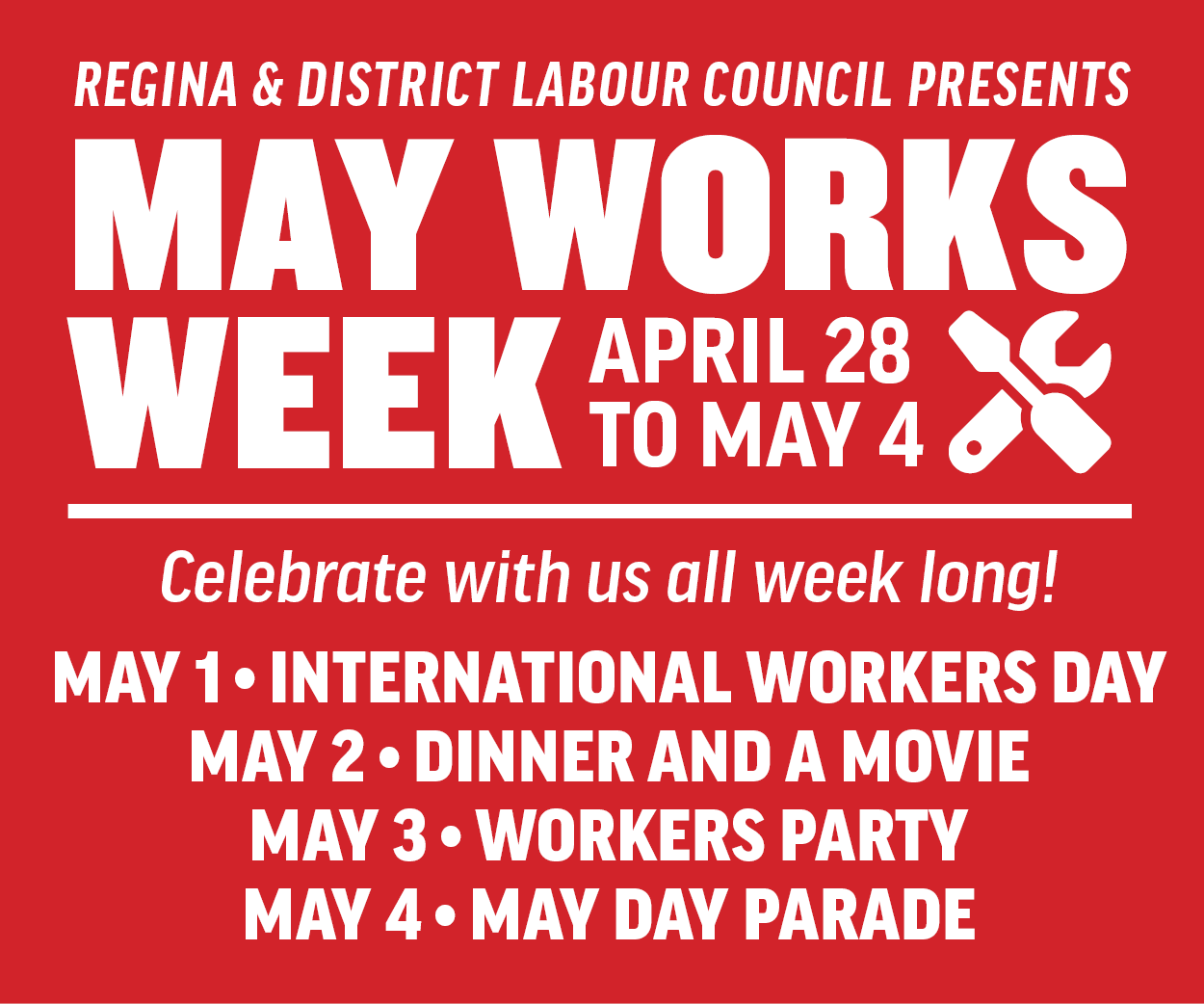The name of Charles Martin Smith may not ring a bell immediately, but along with Kevin Costner, Andy García and Sean Connery he was one of The Untouchables, a seminal piece of American cinema. Smith’s career has been comparatively less flashy, but he has made a name for himself behind the camera. Air Bud, The Snow Walker and Stone of Destiny, they all had him calling the shots.
His latest film, Dolphin Tale, is also his most successful directorial effort to date. The inspirational story of a kid who befriends a dolphin without a tail has hit a chord with audiences. Inspired by real events, the mammal -named Winter- beat survival odds thanks to a prosthetic appendage and got to play herself in the movie. The film is largely set at the Clearwater Marine Hospital, still in operation and busy as ever treating and rehabilitating ocean wildlife.
Smith has no problem with being thought of as a “family film” director, even thought he has done everything from horror (Trick or Treat with Alice Cooper and Ozzy Osbourne) to TV drama (Da Vinci’s Inquest). A good natured interviewee, Smith seems to genuinely enjoy recognition for movies he did decades ago, like the aforementioned Untouchables and even American Graffiti.
– One of the elements of Dolphin Tale that stroke me as interesting is that the kids in it actually act like kids.
– I’m so pleased to hear that. It’s something I care very much about, but I didn’t know if anybody else would notice. I don’t like when kids in movies act like adults, so I was very careful with the writing and directing to prevent that. Our lead (Nathan Gamble) was a little quirky and unusual, and he helped to keep Sawyer (his character) very real.
– This is your first 3D movie. Without getting too technical, what aspects demanded more of your attention compared with working in a 2D movie?
– One of the real issues with 3D is that the cameras are huge and heavy. It takes a long time to set up a shot. Heck, it takes a long time to change a lens. What we ended up doing was putting the cameras on cranes because we needed that flexibility. Neither the kids nor the dolphin were going to be right where you wanted them to be. You have to chase them. It’s like a documentary.
– I was surprised to see Morgan Freeman in a film of this nature. Was it hard to get him?
– Actually, it wasn’t. We were wondering who could play McCarthy (the orthopedist who comes up with the artificial tail), be irascible, funny and have enough weight to be taken seriously. We thought that Morgan Freeman would be terrific, but he’ll probably say no. It turns out he was very moved by the story. When he came to the set, the first thing he wanted to do was to meet Winter. He had never been close to a dolphin and you could see he was touched.
– I’m assuming you had to learn about dolphins.
– I did, particularly this dolphin. I spent an awful amount of time with her, learning her little quirks, swimming with her. She is a little kid, she is the equivalent of a human ten year old. I learned her behavior and brought it into the movie.
– Did you see The Cove (the documentary about the killing of dolphins in Japan)?
– I did while I was writing this and I found it very hard to watch. One of the things I wanted to emphasize in Dolphin Tale was that that the mission of the Clearwater Marine Hospital was to rescue, rehabilitate and release. The underline philosophy is that these animals belong in the ocean. Winter could never go back into the wild -it would be a death sentence- but whenever possible they are returned to their natural habitat. While we were shooting, the big oil spill was going on in the gulf and made me realize mankind needs to take responsibility for what it does to nature, and the people at Clearwater are really giving back.
– You seem to be a choice director for family movies. Is there a special set of skills you believe you bring to the plate?
– The main thing for me is to tell a story honestly. It’s so hard to make a film and I can’t imagine putting two years of hard work on a movie that it’s mean or doesn’t contribute anything to the world. It’s also helpful that I’ve been an actor and understand how to create a character, because when I’m working with these kids, or the dolphin for that matter, I’ve to be in charge of their performance and shape it the way I want.
– Do you still get recognized as the accountant of The Untouchables?
– All the time, every day.






